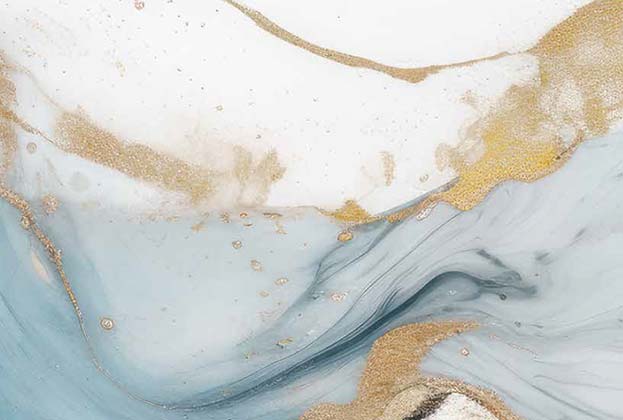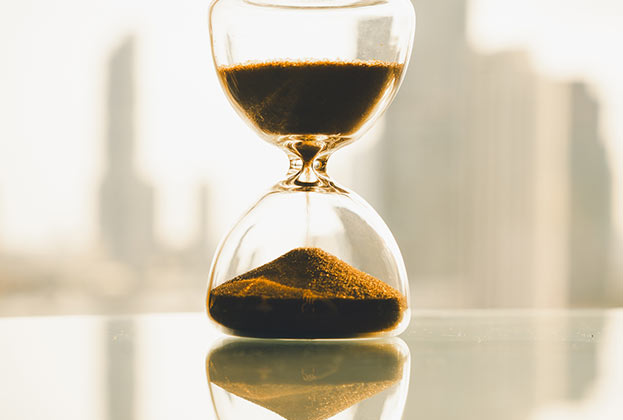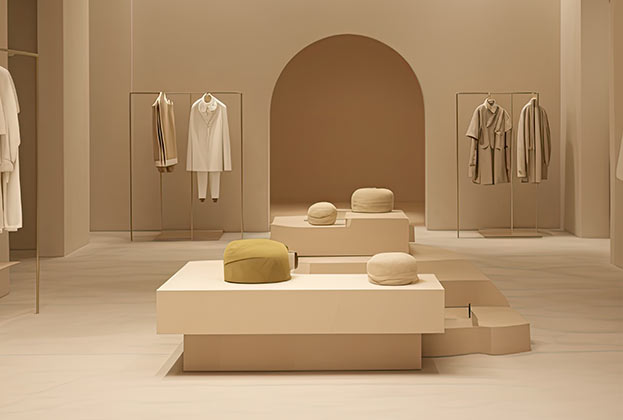In 2009, a prominent Spanish entrepreneur once commented on the link between Spanish women´s increasing spending power on cosmetics with the economic crunch at that time. Nothing could be farther from the truth.
The cosmetics market has gone against expectations by surviving and expanding in a depressed economy. Despite the crisis, there was an impressive number of cosmetic shops and perfumeries all over Madrid. In fact, on Calle Fuencarral alone, there were 13 stores that sold cosmetics, perfumes and personal care products. The defiant success of this sector could be attributed to the fact that people would always place a premium on their grooming and general appearance in good and bad times.
Ten years later, and now in a thriving economy, a brisk walk along the main thoroughfares of Madrid will lead you to a whirlwind of perfume and cosmetic shops. From the long-established British company Body Shop and their French competitor Yves Rocher to the Dutch rival Rituals, there is now an entire glut of these stores peppered throughout the city center.
The figures speak for themselves. Up until writing this article, there were 30 cosmetic establishments in seven prime streets in Madrid and 26 in eight premier locations in Barcelona.
Two notable, recently-opened flagship stores are expected to impact the market in the coming months: Sephora on upscale Calle Serrano 36, secured a 615 sqm-commercial space, and Primor, right in the heart of Puerta del Sol, launched its 1,400 sqm-store, formerly occupied by El Corte Inglés Librería. A few months ago, Marvimundo cut their inaugural ribbon in the center of Madrid, at Calle Bravo Murillo 146. Outside of Madrid, the popular brands to be found are Perfumerías Avenida and Julia.
How can we explain the proliferation and success of this sector regardless of the economic situation? Truth be told, consumers purchase beauty products primarily to pamper themselves. After a long and laborious day at the office, who doesn´t want to spruce themselves up before meeting friends, acquaintances or loved ones?
Don´t we deserve a relaxing bubble bath to sooth those tired muscles and aching bones at the end of the working day?
There were 30 cosmetic establishments in seven prime streets in Madrid and 26 in eight premier locations in Barcelona
Many may not be aware of this, but from the time we wake up till the time we hit the sack, we use cosmetic products. Women wear lipstick, foundation, moisturizer, eyeliner and blusher, with some applying sun cream to give their skin that desired color to highlight their face. Men use shaving foam, after shave, moisturizing cream and hairstyling gel. A dash of our favorite perfume completes the ritual, and with this, we are now ready to go. In the evening, a face wash is needed, and the right cleanser does the trick.
Beauty products have become prime commodities along with mobile phones. People may eschew splurging on expensive products, but they would find it reasonable to invest in themselves when they buy beauty and health care items. A young Market Research Manager is expected to engage in some power dressing which involves make-up, hairstyle, accessories and perfume. The long-standing phenomenon of the metrosexual man has created its own niche in the cosmetics industry. In fact, almost all cosmetic shops have a special line of products for men.
Social media is a leading force in influencing and marketing within the cosmetics industry
Apart from being used for acts of self-indulgence and instant gratification, cosmetic products come in handy as affordable presents. A female account executive in an advertising agency may decide that a Miu Miu bag is rather expensive as a birthday gift for her sister-in-law, but she can definitely afford a €40 perfume from Rituals. In the same way, an overworked bank employee may forgo his monthly visit to the spa, but he will not think twice about treating himself with a set of body care products from L'Occitane.
Furthermore, social media has a strong impact on the cosmetics industry. On the frontline is global influencer Kylie Jenner who has millions of followers tracking her every single move when she posts news about her latest beauty products. On the domestic front, Spanish celebrities endorsing cosmetic and personal care products have been highly successful. These include Penelope Cruz with Lancome and Blanca Suarez with Angel Schlesser. Needless to say, social media is a leading force in influencing and marketing within the cosmetics industry.
According to Stanpa (Spanish National Association of Perfume and Cosmetics), following the fourth consecutive year of growth, the total consumption of perfumes and cosmetics for 2018 stood at €6,954m, representing a 2% y-o-y increase. Succinctly put, Spaniards spend an average of €150 a year on these beauty products.
Based on these figures, we can safely say that the cosmetic industry is a healthy and stable market. Fortunately, there is a huge demand for retail shops in Madrid and great opportunities abound for this booming sector.
.jpg)



.jpg)




.jpg)
